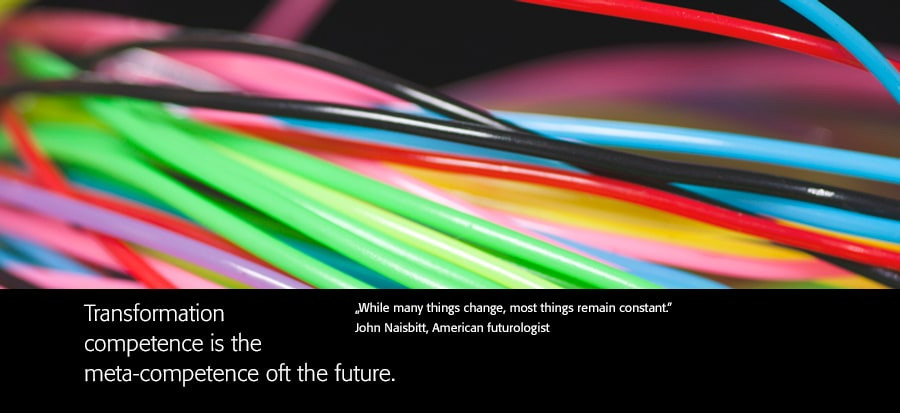

14.04.2015
Learning from Heuristics. Why Managers cannot exclusively rely on Figures and Statistics.
Managers have to make decisions. Given that they are facing many advisors with differing opinions, many requirements from various parties (superiors, employees, clients, stakeholders) as well as far-reaching consequences, this is no easy task. That is why, frequently, vast amounts of information, key operating figures, statistical analyses etc. are being consulted. However, it would be a mammoth task and not necessarily promising to take into account all available information.
homo oeconomicus versus homo heuristicus
What is widely expected from today’s managers and executives corresponds to the human nature of homo oeconomicus. “Economic human beings” act according to the rational principle. They take into account all relevant information, which they assess and analyse to choose the approach that promises the highest benefit. Indeed, the main problem with this form of risk management is that future forecasts generally have some degree of uncertainty associated with them. Under these conditions, a mere data analysis cannot guarantee optimal decisions.
Homo heuristicus is the alternative to homo oeconomicus. He works according to the heuristic principle, which reduces decision-making processes, i.e. conclusions are drawn without complex and lengthy information processing. Homo heuristicus reduces complexity by relying on experience and intuition.
Much does not always help much
Heuristics is an ancient discipline, which reduces cognitive operations that enable to achieve results, without having to use complex and comparatively lengthy algorithms. The philosopher, mathematician and scientist Descartes as well as the theologian, philosopher and educationist Schleiermacher were important pioneers of heuristics.
In 1637, Rene Descartes developed an early methodology that is based on the asset of intuition.
In the early 19th century, Friedrich Schleiermacher explored heuristics, which he supported as a separate science besides logic. He developed a specific thinking practice intended to gain new findings.
To summarise, heuristics relies on intuitive approaches and makes more out of less! Modern types of heuristics have the advantage that they lead to results in a time and resource saving way, which in most cases have a sufficient quality. Today, many scientists of different disciplines use heuristic methods. There are many reasons to apply heuristics in management und controlling, too. After all, you have to ask the right questions to receive goods answers and sustainable decisions!
These basic heuristics show how it works:
Generalisation: Would it be helpful to pass from one object to a whole class of objects?
Specialisation: Would it help me to begin with solving a less severe problem?
Analogy: Do I know a similar problem?
Variation: Can I reword the problem?
Reverse search: Would it help me to begin with the desired result in mind? Which approaches might lead me to this goal?
Split and control: Is it possible to decompose the problem into more easily solvable problems?
Heuristic approaches towards the goal
What we can learn from heuristics:
- Do not unreservedly trust in the alleged reliability of complex figures, data and facts.
- Dare to ignore information, and to make decisions on the basis of less knowledge.
- Ask the right questions.
- Listen to the gut feeling of experts and follow your instinct.
- Be creative and brave, when leaving familiar ways of thinking.


